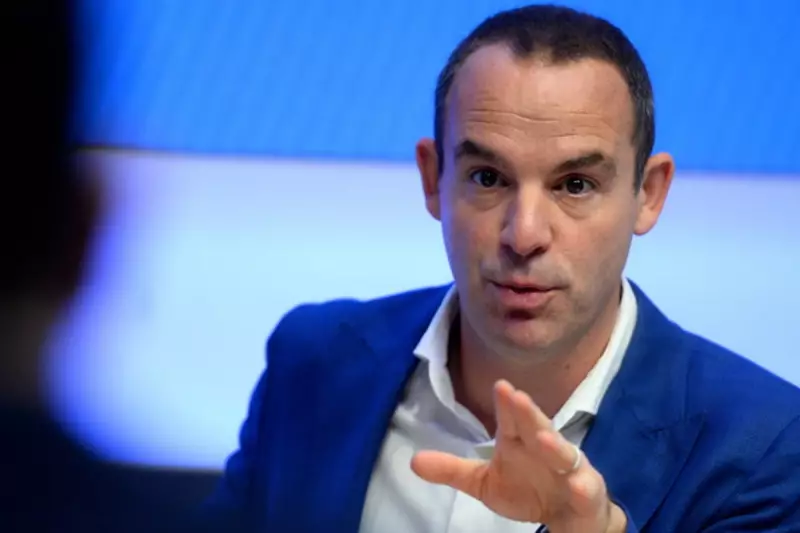
Ahead of the annual shopping frenzy, consumer champion Martin Lewis has issued crucial advice for Britons planning to hunt for bargains on Black Friday.
The Golden Rule of Black Friday Spending
The money saving expert distilled his strategy into a simple but powerful memo shared on social media platform X. "If you were going to buy it anyway and it's half price, you've saved 50%," he wrote. He followed this with a stark warning for impulse buyers: "If you weren't going to buy it, but do cos it's half price, you've wasted 100%."
This guidance comes as the mega-sale event, which originated in 1960s Philadelphia, prepares to hit UK shores on 28 November. What began as a single day of discounts has now expanded into weeks of promotional activity, with many retailers already advertising their Black Friday deals.
When Are Black Friday Deals Actually Worth It?
Research conducted by Mr Lewis's company, MoneySavingExpert.com, provides some clarity for shoppers. The study found that for many popular items, prices are indeed lower on Black Friday compared to those in the immediate run-up to Christmas.
This makes the event a potentially good time to purchase gifts you had already planned to buy. However, experts were quick to temper expectations. Just because an item is on sale during the Black Friday period does not guarantee it is the absolute cheapest it will be all year.
Mr Lewis elaborated on this nuance on his website. "The idea that Black Friday discounts are a complete washout is not backed up by our data," he stated, specifically when comparing prices to other times in the pre-Christmas period.
He added a note of irony for festive shoppers: "The best time to do Christmas shopping (apart from for perishables) is likely to be in January."
Navigating the Evolving Sales Landscape
For those determined to shop, Mr Lewis offered a practical tip. He advised that waiting to see if an item becomes cheaper in the short window between Black Friday and Boxing Day is often "fruitless".
While there is no definitive rule, the probability suggests you are likely to secure a saving if you purchase on Black Friday itself, provided it was a planned purchase.
He also highlighted the changing nature of retail promotions. "Years ago, discounts ran across November and December, then as Black Friday became popular in the UK, deals started to concertina around that date," he explained.
This pattern has shifted once more in recent years, with the discount period starting earlier and the overall pre-Christmas promotional season expanding again.
The ultimate advice from the money saving expert remains grounded in basic financial sense. Before clicking 'buy now' or heading to the tills, he encourages shoppers to pause and ask themselves two critical questions: Do I genuinely need this item, and can I definitely afford it?





